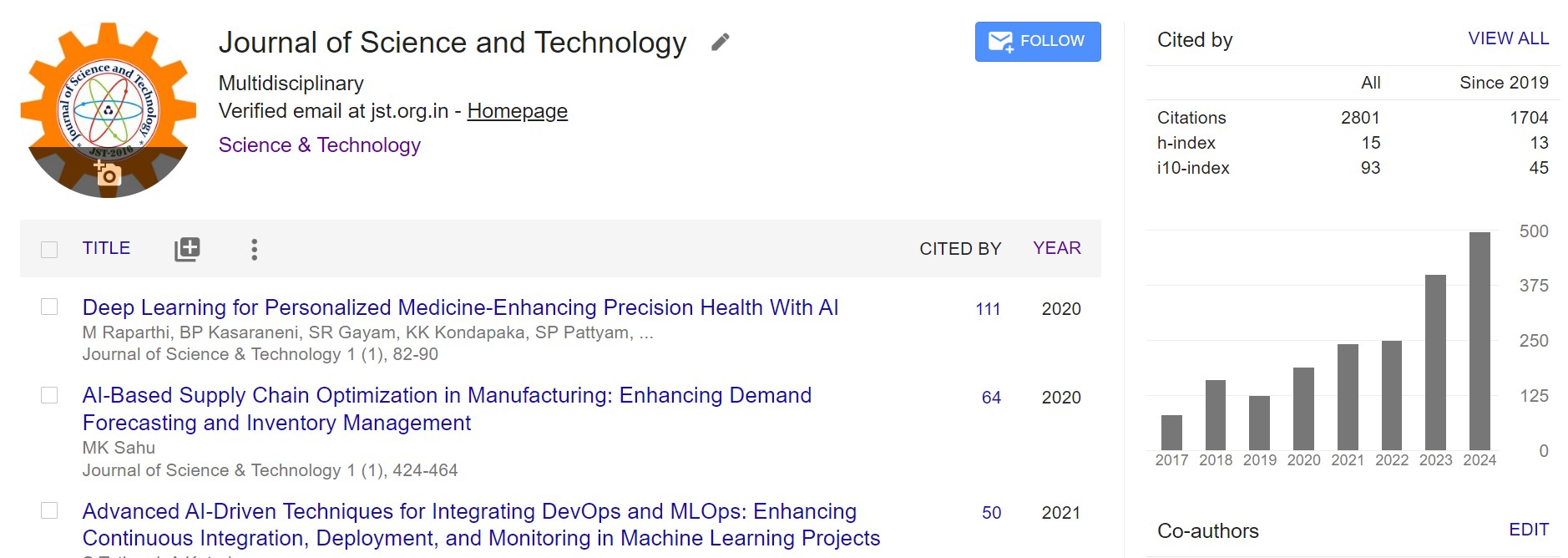Socio-demographical variables effects on perceived parenting styles among Adolescents—a demographical study in Andhra Pradesh.
DOI:
https://doi.org/10.46243/jst.2022.v7.i02.pp254-269Keywords:
Socioeconomic Status, family structure. Age, Area of residence, Parenting style, Middle adolescentsAbstract
The objective of the present study is to find the effects of socio-demographic context on perceived parenting styles among Adolescents—a demographical study in Andhra Pradesh. The current study participant's sample number was 1208 adolescents of both genders within the age range of 12 to 18 years, studying in 8th and 9th standard, SSC, and Intermediate of English and Telugu medium schools those who belong to Rural and urban living population with joint and nuclear family system in Andhra Pradesh.
Background of the study: The rural population is more homogenous in social, racial, and psychological traits that negatively correlate with heterogeneity. (Most agriculturists are directly connected with agriculture). More heterogeneous than rural. Urbanity and heterogeneity are positively co-related (Different population types are seen in cities, places, religions, caste, class, race, community, economic and cultural differences, occupations, and behavioral patterns are also different). Family structure is in the form of two types. Nuclear and joint families differ in the support each inherently offers, affecting adolescents' behavior. Method: In the present study, the proportionate stratified random sampling method has been followed to collect the data from the sample. A demographic survey gathered family structure information and the number of disciplinary incidents from rural and urban living places for middle adolescents in Andhra Pradesh. They also completed a parenting style tool that measured adolescents' perceived parenting modes—R.L.Bharadwaj eight modes of parenting styles. There was applied SPSS-21 to analyse the adolescents' perceived parenting styles on
study variables. The analysis was used based on objectives framed for the particular hypotheses. t-test and way ANOVA was administered to test the hypotheses. The results indicated a significant difference between rejection vs. acceptance neglect vs. indulgence parenting styles among middle adolescents. The other results found that socioeconomic status showed substantial differences in Middle adolescents' perceived parenting styles on rejection vs. Acceptance, carelessness vs. Protection, and lenient standards vs. moralism parenting styles.
The study found that adolescents from urban and rural semi-urban showed a significant difference in lenient standards and moralism practices. Analysis revealed that adolescents living with joint and nuclear families using a neglecting parenting style were less likely to receive disciplinary incidents compared to adolescents living with joint family structure. Previous research suggested that an authoritative parenting style tends to benefit adolescents regardless of the family structure. Implications Present study results summarize that areas of residence (Rural, Urban, and Semi-urban) showed significant differences in Andhra Pradesh middle adolescents' perceived parenting styles. The study implies that nuclear family middle adolescents perceiving parenting style significantly differed on neglecting a parent than joint family respondents perceiving parenting style.


























